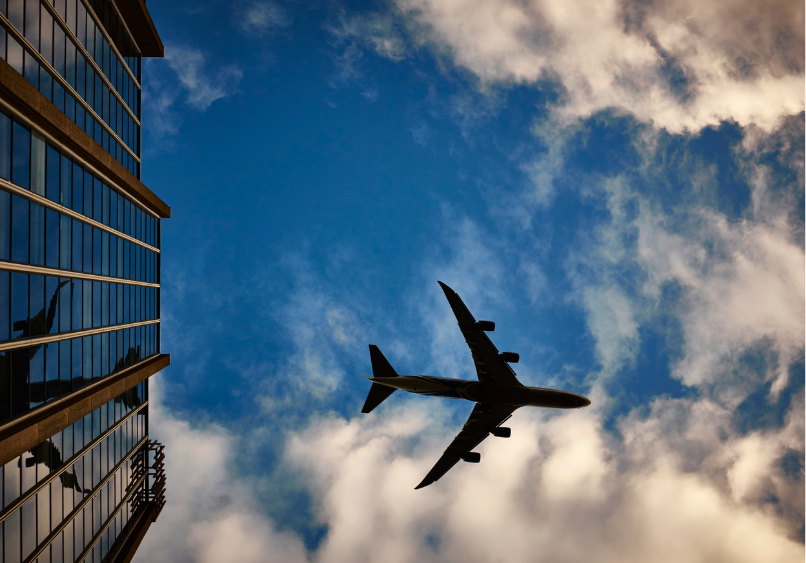By Neal Price
Recently, The Economist – Intelligence Unit, released a report entitled “The Safe Cities Index 2015: Assessing Urban Security in the Digital Age.” It’s a very interesting read that reviews four different categories of safety and security to determine a ranking for the cities of the world – Digital Security, Health Security, Infrastructure Security, and Personal Safety. After compiling all of the data and analyzing it, The Economist found Tokyo, Japan to be the safest city in the world.
- Singapore (2)
- Stockholm (4)
- Amsterdam (5)
- Hong Kong (11)
- Taipei (13)
- London (18)
- Frankfurt (20)
- Seoul (24)
While ranked as safe cities, you will still want to be as prepared as possible for any situation that may arise. For instance, with Tokyo and Osaka located on the Ring of Fire and on the North Pacific Ocean, both are prone to earthquakes, volcanoes, and typhoons. Hong Kong has recently experienced demonstrations that practically shut down portions of the downtown area causing major impacts on travel in the already bustling city. What is a U.S. citizen to do if they are found in the crosshairs of a natural disaster or in the event of civil unrest when they are outside of the United States? Where do they go? Who can help? The U.S. State Department has important tools for the traveler who is conscious about safety and security.
State Department Travel Warnings and Alerts – The U.S. State Department / Bureau of Consular Affairs lists travel warnings on their website in list form. You can sort the list by country, by date, by the type of warning, or you can enter the specific country you will be visiting to see if there are any warnings or alerts. When you click on the warning or alert, you will be taken to another page that explains the warning, gives a state-by-state breakdown, and also gives you additional resources, such as the locations for the U.S. Embassy in the given country, as well as the Consulates. This is a treasure trove of information that is regularly updated, so check it often before you travel.
STEP – “Smart Traveler Enrollment Program” – The U.S. State Department also has a free subscription service where you can enroll to receive these warnings and alerts via email while you are traveling. It is very simple to enroll in the STEP program. Simply create an account, login and enter your upcoming trip details. You can even include the trip details for multiple people who might be traveling together on the same trip. The State Department sends travelers very specific information during the trip regarding the part of the country visited, which provides an additional layer of comfort for one’s safety and security. The information regarding your trip is also sent to the nearest U.S. Embassy or Consulate so that they may contact you in the event of an emergency.
So, when preparing to head off into the great unknown with nothing more than your suitcase and laptop bag, you’ll want to check ahead for any travel warnings, enroll in the STEP program, and let the State Department know where you’ll be and how you can be found just in case something unforeseen happens. Safe travels – and Bon voyage! 一路順風 ごきげんよう!잘다녀오십시오!
For more information on taking international depositions, please visit – https://planetdepos.com/services/international-depositions

